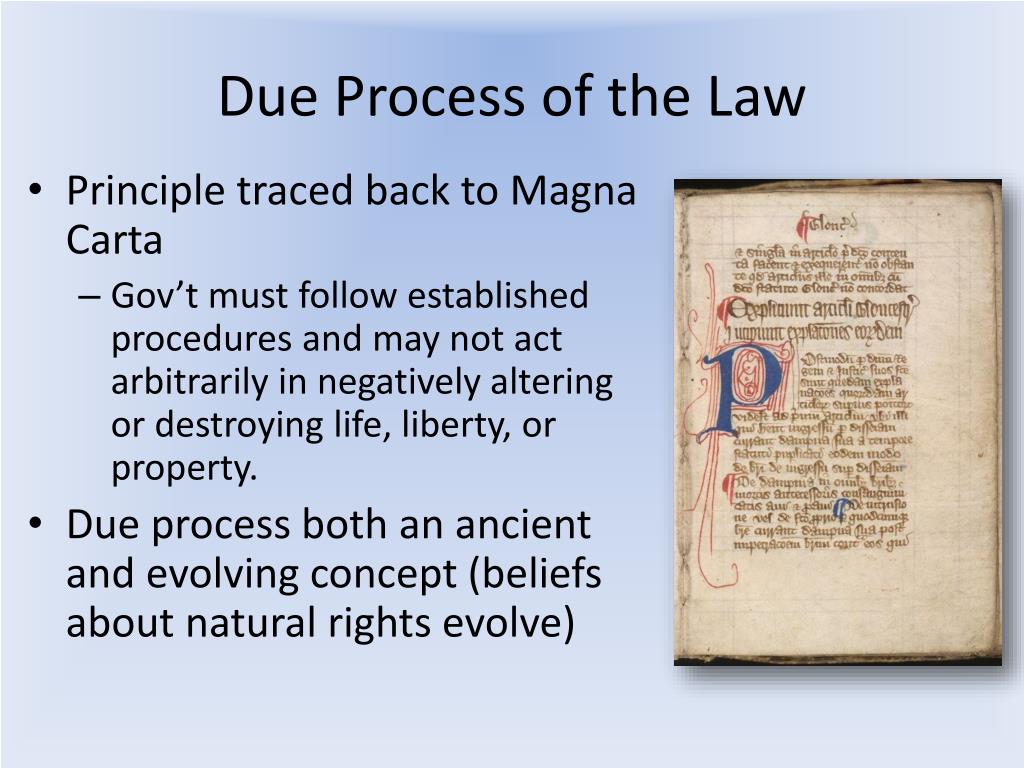

Those five justices could simply be imposing their own policy preferences on a third of a billion people.Īnd yet, as nettlesome as unenumerated rights may be, they undoubtedly exist in our constitutional order. With unenumerated rights, we have no such assurance. But when the justices rely on text, we at least know a supermajority of the states ratified that provision to make it part of our Constitution.

Scholars have spilled rivers of ink analyzing the perils of giving unelected justices so much power. In a democracy, it’s worrisome enough that five of nine justices on the Supreme Court can brandish a provision of the Constitution to strike down a law enacted by an elected legislature. John Cornyn (R-Tex.) at Justice Ketanji Brown Jackson’s confirmation hearing. “When the Supreme Court creates a right that is not even mentioned in the Constitution, the independence and the legitimacy of the Supreme Court itself is called into question,” said Sen. Some wonder why the courts safeguard unenumerated rights. Yet often lost in these impassioned debates were foundational questions: Why are unenumerated rights protected at all in the Constitution? Why are they protected under the rubric of substantive due process? How does the high court determine which rights fit under this framework? What does Dobbs suggest about which rights will be protected going forward? And how will those judgments influence the future of the nation? Many liberals mourned the loss of a fundamental right and worried that other unenumerated rights - like the rights to contraception and same-sex marriage - were now also endangered. Many conservatives celebrated Dobbs as a long overdue recognition that the right to abortion had no constitutional stature. Jackson Women’s Health Organization over the summer, the Supreme Court drew new attention to a phrase many Americans had heard only in passing, if they had heard it at all: “substantive due process.” Those three words described the main source of so-called unenumerated rights in the Constitution - rights that cannot be found in the text of the document but that the Supreme Court has nevertheless declared the law of the land. In overturning the right to abortion in Dobbs v.


 0 kommentar(er)
0 kommentar(er)
